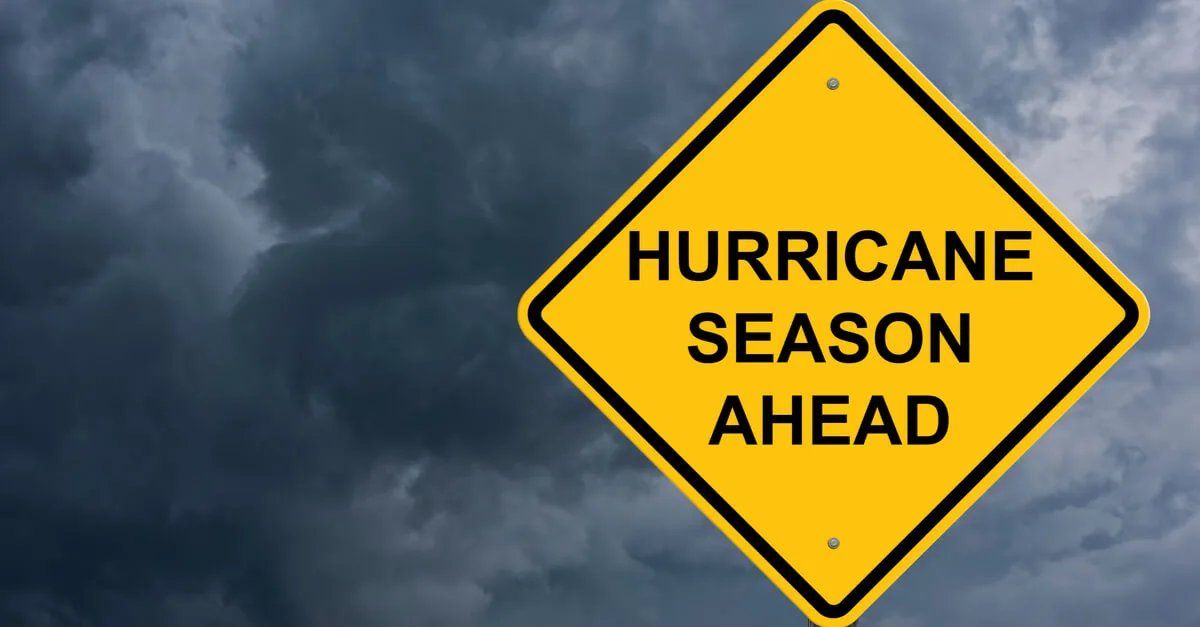
Image via Shutterstock
With storms becoming larger and more powerful because of global climate change, scientists warn that people need to take the threat seriously.
This may be the least anticipated news story for residents of the Sunshine State, but it is one they pay close attention to: the yearly forecast for the Atlantic Hurricane Season, which runs from June 1 to Nov. 30.
So, Florida, here we go again. On Thursday, Scientists at Colorado State University predicted above-average activity, with at least 19 named storms and nine hurricanes. Four of those hurricanes are expected to be Category 3 or higher. Because of climate change and rising global sea-surface temperatures, hurricanes are likelier to be larger and more powerful as they form over hotter ocean water.
For this reason, researchers warn that people living along the US coastline and in the Caribbean should be prepared for “an above-average probability for major hurricanes making landfall” near their homes.
Staying Safe
In 2020, emergency management and cultural diversity expert Chauncia Willis warned that people need to take the forecast seriously, as climate change has made the threat of a natural disaster more significant, with storms becoming larger and more powerful.
On National Public Radio (NPR), Willis also offered tips on ways to prepare for this major weather event, such as:
- Prepare an evacuation plan. Decide where you’ll go beforehand and map the route. Create a communication plan for what to do in case family members get separated and can’t reach one another.
- Have a go-kit ready. It should include spare car keys, cash (ATMs may be out of service), a two-week supply of medications, phone chargers, hygiene items such as hand sanitizer, toilet paper, menstrual products, diapers, etc. Also make sure to include important documents, such as insurance policies, proof of homeownership and lease agreement. Don’t forget a battery-operated emergency radio, flashlights, batteries, and rain gear. To make sure you don’t forget anything, the American Red Cross has a checklist, and the US government’s Ready.gov also has resources to help with planning.
- Seek help if you lack resources. For example, if you lack transportation, register beforehand with your local government so authorities know you’ll need help evacuating.
Politics

Video: Biden Administration Sets First-Ever Limits on ‘Forever Chemicals’ in Drinking Water



Navigating voter registration in Florida: What you need to know
An estimated 36.2 million Latinos are eligible to vote this year. That’s up from the 32.3 million that voted in 2020. This represents 50% of the...
Local News



Video: Biden Administration Sets First-Ever Limits on ‘Forever Chemicals’ in Drinking Water



Navigating voter registration in Florida: What you need to know
An estimated 36.2 million Latinos are eligible to vote this year. That’s up from the 32.3 million that voted in 2020. This represents 50% of the...





